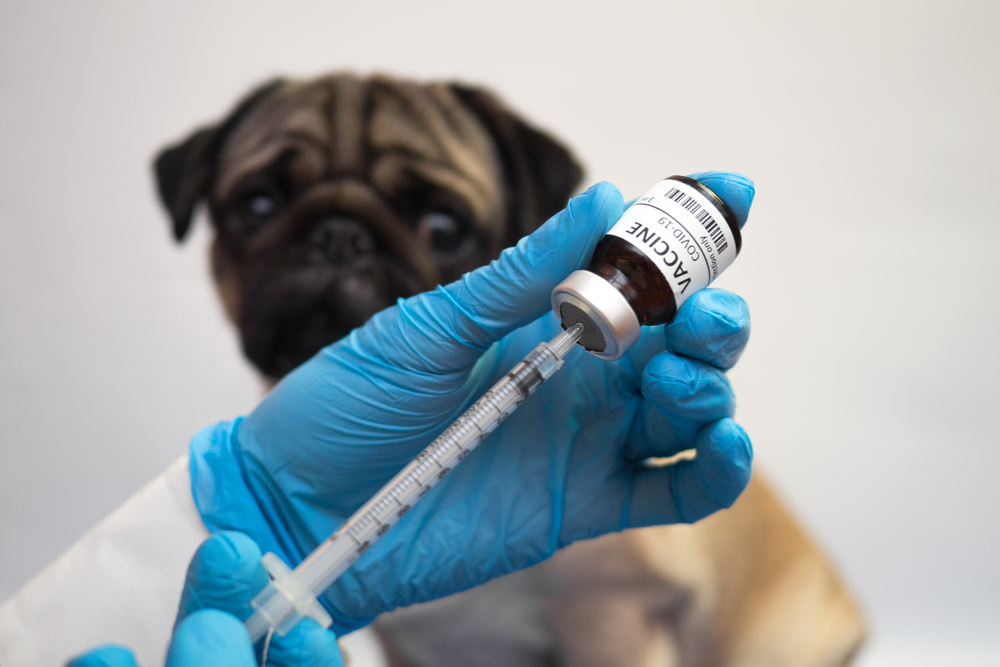When a family dog lightly scratched Caroline Adhiambo in Seme, Kisumu County, the wound seemed trivial. She rinsed it, took painkillers, and carried on. Within weeks she grew too weak to work, complaining of chest pain, headaches, and aching joints. The dog died and was buried before anyone considered testing it. As her condition worsened drooling, confusion, loss of balance Caroline was rushed to a referral hospital, where clinicians suspected rabies. She was isolated, but care came too late; she died before treatment could make a difference.
Her death triggered emergency contact tracing. Everyone who had close contact with her or the dog received post‑exposure prophylaxis, and veterinary officers vaccinated the remaining animals at her home. Community members, including her friend and caregiver Rose Akinyi, lined up for jabs, shaken by how quickly a “minor” scratch turned deadly. Locals report that a young boy had recently died in similar circumstances.
Health workers in Seme describe rabies as a persistent threat. One area hospital recorded 108 suspected cases in 2022, 152 in 2023, and 90 in 2024, with several deaths across those years. Central Seme is thought to shoulder roughly half the sub‑county burden, and children are disproportionately affected. More than two in five dogs remain unvaccinated. Wildlife especially mongoose and hyenas can harbor the virus without obvious signs, allowing silent spread.
Rabies infects mammals and is transmitted when infected saliva enters the body through bites, scratches, or contact with broken skin, eyes, or mouth. Once symptoms such as agitation, difficulty swallowing, excessive salivation, or paralysis appear, the disease is almost always fatal. Yet rabies is preventable. Immediate, thorough washing of any animal bite or scratch with soap and water, followed by prompt medical evaluation and a full course of rabies vaccine (plus immunoglobulin when indicated), saves lives.
Global health estimates attribute about 59,000 human rabies deaths each year, with the vast majority occurring in Africa and Asia. Kenya may account for roughly 2,000 of these deaths annually.
To curb the toll, Kisumu County is advancing a One Health strategy linking human, animal, and environmental services. Mass dog vaccination launched in February, supported by public awareness drives urging rapid treatment‑seeking after exposure and responsible animal ownership. Residents are encouraged to report sudden dog deaths, keep vaccination records current, and teach children to avoid unfamiliar animals. Caroline’s story is a sobering reminder: no animal bite or scratch is too small to take lightly act fast and prevent a needless death.

